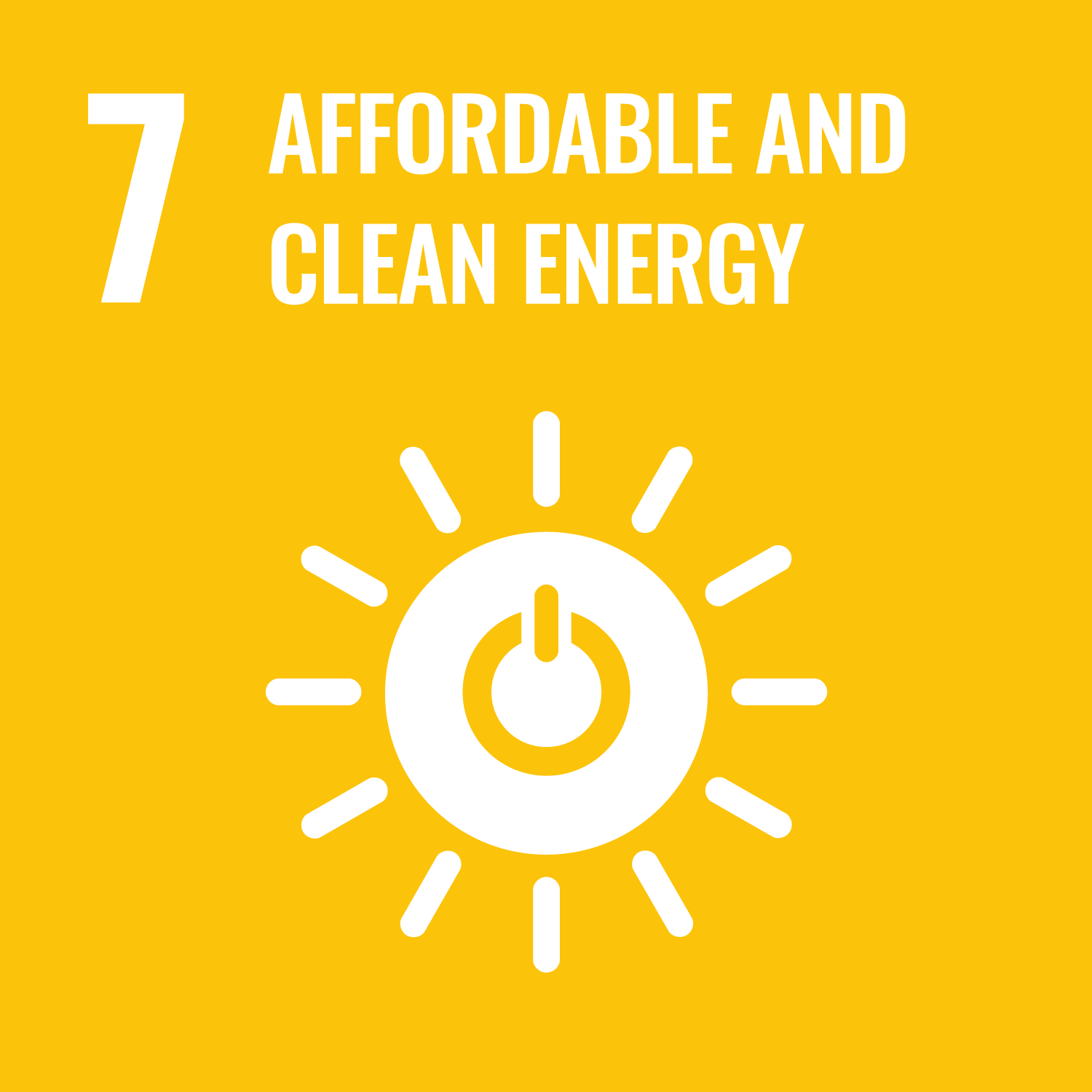ORCID
- Edward Ransley: 0000-0003-1446-7907
- Scott Brown: 0000-0002-6858-3316
- Deborah Greaves: 0000-0003-3906-9630
Abstract
This paper reports on an ongoing international effort to establish guidelines for numerical modeling of wave energy converters, initiated by the International Energy Agency Technology Collaboration Program for Ocean Energy Systems. Initial results for point absorbers were presented in previous work, and here we present results for a breakwater-mounted Oscillating Water Column (OWC) device. The experimental model is at scale 1:4 relative to a full-scale installation in a water depth of 12.8 m. The power-extracting air turbine is modeled by an orifice plate of 1–2% of the internal chamber surface area. Measurements of chamber surface elevation, air flow through the orifice, and pressure difference across the orifice are compared with numerical calculations using both weakly-nonlinear potential flow theory and computational fluid dynamics. Both compressible- and incompressible-flow models are considered, and the effects of air compressibility are found to have a significant influence on the motion of the internal chamber surface. Recommendations are made for reducing uncertainties in future experimental campaigns, which are critical to enable firm conclusions to be drawn about the relative accuracy of the numerical models. It is well-known that boundary element method solutions of the linear potential flow problem (e.g., WAMIT) are singular at infinite frequency when panels are placed directly on the free surface. This is problematic for time-domain solutions where the value of the added mass matrix at infinite frequency is critical, especially for OWC chambers, which are modeled by zero-mass elements on the free surface. A straightforward rational procedure is described to replace ad-hoc solutions to this problem that have been proposed in the literature.
DOI Link
Publication Date
2021-03-19
Publication Title
Energies
Volume
14
Issue
6
ISSN
1996-1073
Acceptance Date
2021-03-16
Deposit Date
2021-03-22
Embargo Period
2021-03-23
First Page
1718
Last Page
1718
Recommended Citation
Bingham, H., Yu, Y., Nielsen, K., Tran, T., Kim, K., Park, S., Hong, K., Said, H., Kelly, T., Ringwood, J., Read, R., Ransley, E., Brown, S., & Greaves, D. (2021) 'Ocean Energy Systems Wave Energy Modeling Task 10.4: Numerical Modeling of a Fixed Oscillating Water Column', Energies, 14(6), pp. 1718-1718. Available at: 10.3390/en14061718


